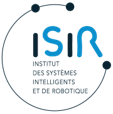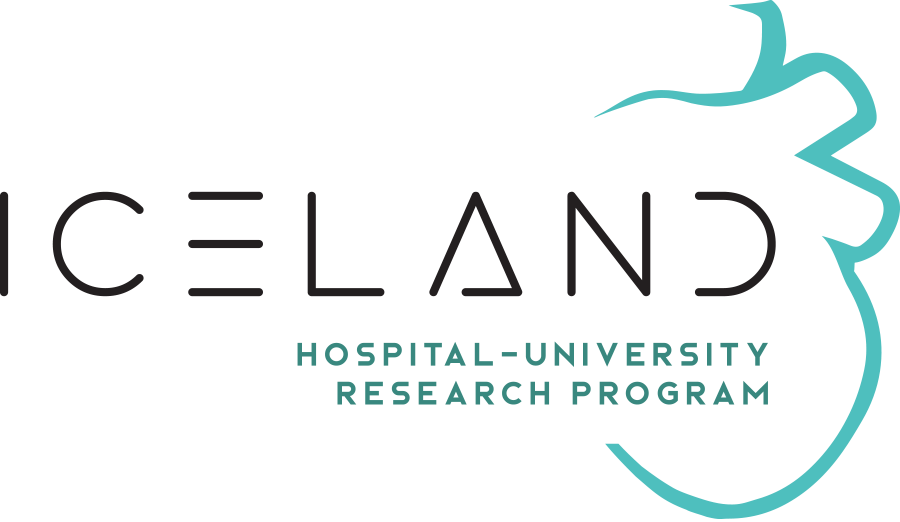
Sorbonne Université
Sorbonne Université (SU) is a multidisciplinary, research-intensive, world-class university. Located in the heart of Paris, with a regional presence, it is committed to the success of its students and to meeting the scientific challenges of the 21st century. Thanks to its 55,300 students, 6,400 academic researchers and partner researchers, and 3,600 administrative and technical staff who make it a daily reality, Sorbonne University promotes diversity, creativity, innovation and openness to the world.
Sorbonne Université is involved in the project through the laboratory ISIR.

SU - ISIR
ISIR is a research laboratory under the supervision of Sorbonne University, Inserm and the Centre National de la Recherche Scientifique. The laboratory is composed of 6 main teams working on robotics and artificial intelligence. The ISIR’s research activities include the following : assisted surgery, equipping robots with intelligence, working on the development of statistical learning algorithms, augmented reality, natural interaction with an avatar and the equipment of high mobility robotic systems that will evolve in unfamiliar environments, with the capacity to adapt to these uncertainties,
The AGATHE’s team is involved in the project ICELAND. The objectives of the researchers of the AGATHE team is the improvement of surgical procedures by making the surgeon’s gesture safer and more precise, improving the mobility of a disabled patient, completing the limb of an amputee with a bionic prosthesis. Their approach: comanipulation, when the possibilities of the Human and the robot are combined in the realization of a gesture or a task. The team put a significant amount of efforts on the intuitiveness and versatility of the surgeon-robot interfaces by implementing a kinesthetic or tactile feedback in the surgeon’s hand and by relying on augmented reality and strong interactivity between operator and virtual objects.
The members of ISIR involved in the ICELAND RHU are :
- Brahim Tamadazte, PhD – Researcher
- Jérôme Szewczyk, PhD – Professor
